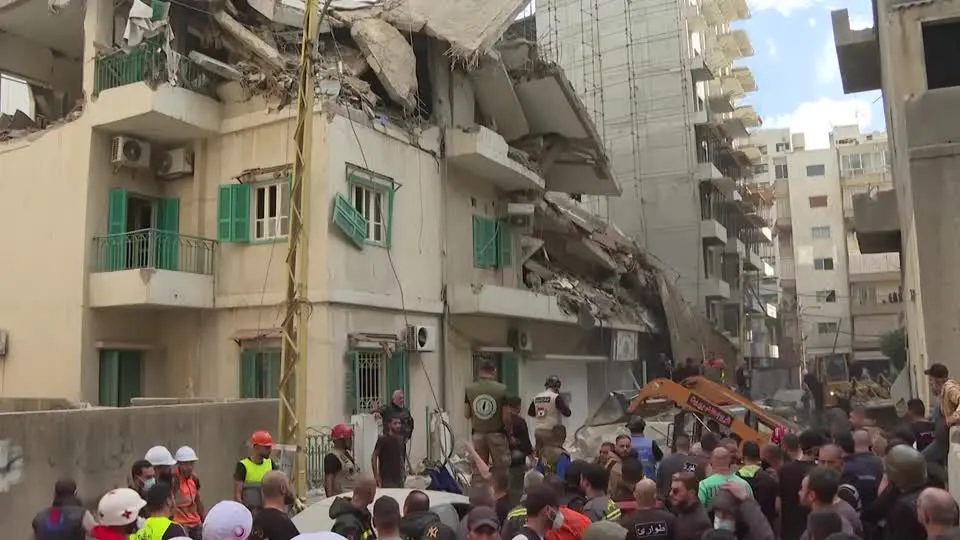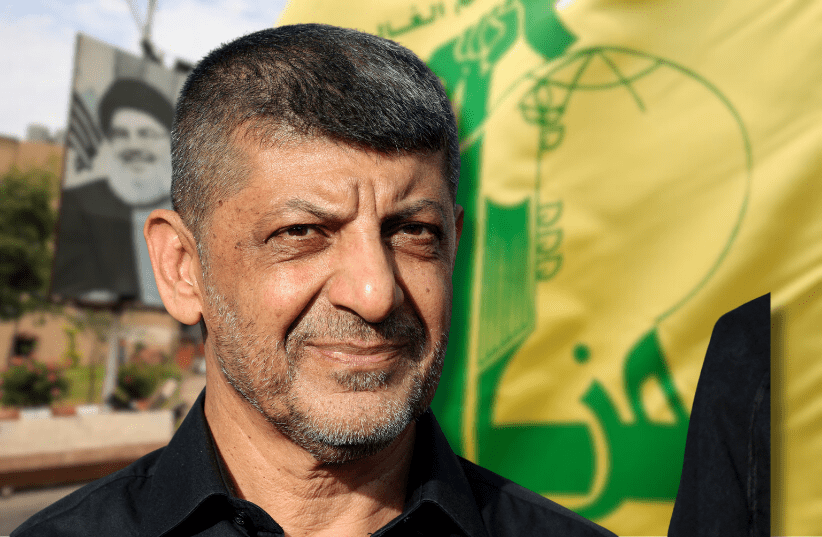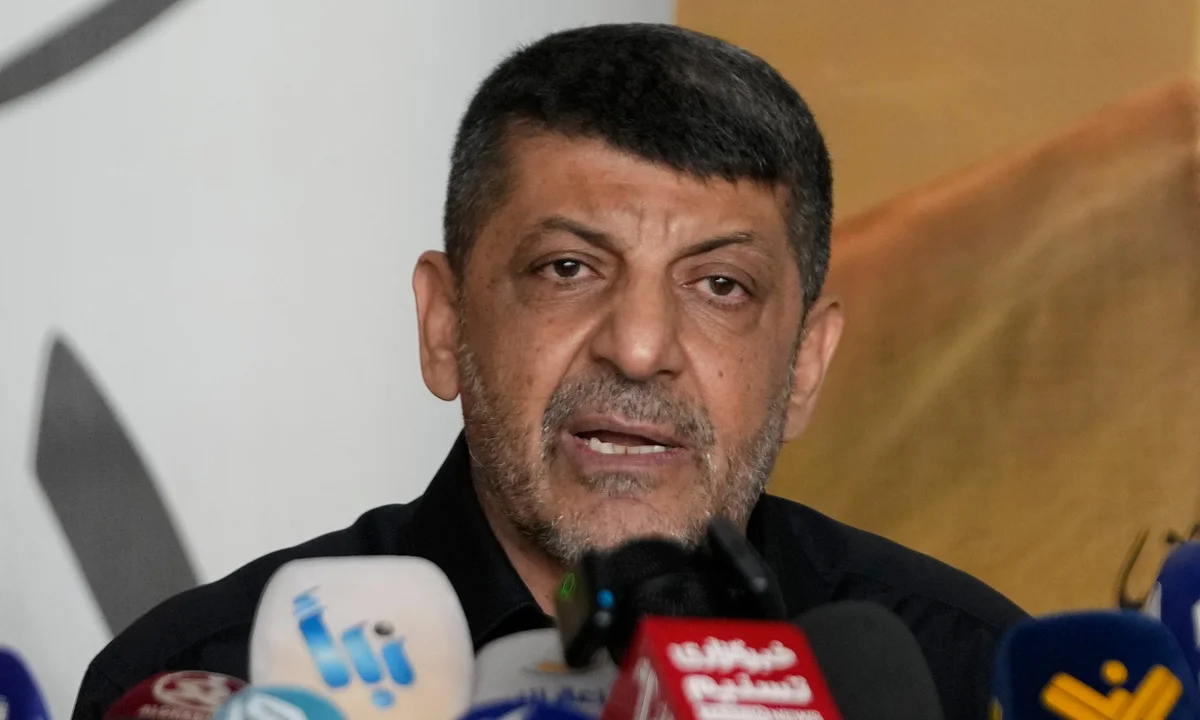The ongoing conflict between Israel and Hezbollah has claimed a significant figure in the latter’s leadership. Mohammed Afif, the media relations chief of Hezbollah, was killed in an Israeli airstrike targeting the Syrian Ba’ath Party headquarters in Beirut.
This assassination is part of Israel’s broader campaign to disrupt Hezbollah’s operations and leadership structure, further escalating tensions in the region.
The Strike That Eliminated Mohammed Afif
The Israeli Defense Forces (IDF) confirmed the death of Mohammed Afif in a precision airstrike on the Syrian Ba’ath Party headquarters located in central Beirut. Afif played a pivotal role in Hezbollah as its chief propagandist and media relations head, managing Al-Manar television and spearheading media strategies that glorified and incited attacks against Israel.
In a statement posted on X (formerly Twitter), the IDF described Afif as “a senior Hezbollah military operative” and accused him of directly advancing Hezbollah’s terrorist activities. The IDF highlighted that Afif’s influence extended to psychological operations aimed at the Israeli public, leveraging media channels to broadcast messages designed to intimidate and provoke.
🔴ELIMINATED: Chief Propagandist and Spokesperson of Hezbollah, Mohammed Afif
— Israel Defense Forces (@IDF) November 17, 2024
Afif was a senior Hezbollah military operative, in contact with senior officials and directly involved in advancing and executing Hezbollah’s terrorist activities against Israel.
Messages broadcasted… pic.twitter.com/Iw3WFynSIz
Reports from Al Jazeera corroborate Afif’s prominence within Hezbollah, noting his years of hosting press conferences and disseminating information about Israeli airstrikes. His recent declarations about Hezbollah’s extensive weaponry underscored his role in shaping the group’s narrative and bolstering its public image.
Implications of Afif’s Assassination
Afif’s elimination marks a strategic blow to Hezbollah, given his dual role as both a media strategist and a senior operative. His ability to blend military propaganda with operational coordination made him a crucial asset to the organization. By targeting Afif, Israel signals its commitment to dismantling Hezbollah’s operational and psychological warfare capabilities.
Read : Israel Shares Video Allegedly Showing Hamas Torturing Palestinians: Watch
The strike also highlights the escalating sophistication of Israel’s intelligence operations. Identifying and neutralizing a key figure like Afif in central Beirut underscores the IDF’s reach and precision in targeting high-value individuals within Hezbollah.

This development is likely to exacerbate tensions in the already volatile region. Hezbollah’s leadership has frequently vowed retaliation for targeted assassinations, and Afif’s death may provoke a surge in hostilities. Furthermore, his role in Hezbollah’s media apparatus leaves a significant void that will be challenging to fill.
The Broader Context of the Israel-Hezbollah Conflict
Afif’s assassination is part of a broader Israeli strategy to weaken Hezbollah by targeting its leadership. This follows previous high-profile eliminations, such as the killing of Hezbollah leader Hassan Nasrallah, which forced the group to appoint Hashem Safieddine as its new head.
Hezbollah, backed by Iran, has been a persistent threat to Israel, with its operations extending beyond Lebanon into Syria and other parts of the Middle East. The group has amassed a significant arsenal of weapons, including rockets capable of striking deep into Israeli territory. Afif’s assertion that Hezbollah could sustain a “long war” against Israel reflects the group’s strategic posture and readiness for prolonged conflict.

The ongoing hostilities are further complicated by Iran’s involvement, which Israel views as a direct threat to its security. The assassination of key Hezbollah figures like Afif is part of Israel’s broader effort to counter Iranian influence in the region.
The elimination of Mohammed Afif represents a calculated move by Israel to undermine Hezbollah’s operational and propaganda capabilities. While the immediate impact is a significant blow to Hezbollah’s leadership, the long-term consequences may involve heightened tensions and potential escalation of violence in the region.
Israel’s continued targeting of Hezbollah leaders underscores its resolve to neutralize perceived threats, even as the broader geopolitical landscape in the Middle East grows increasingly complex. As both sides brace for potential retaliation, Afif’s death serves as a stark reminder of the relentless and evolving nature of the Israel-Hezbollah conflict.

